Mitzi Harris
Students & Alumni. Education.
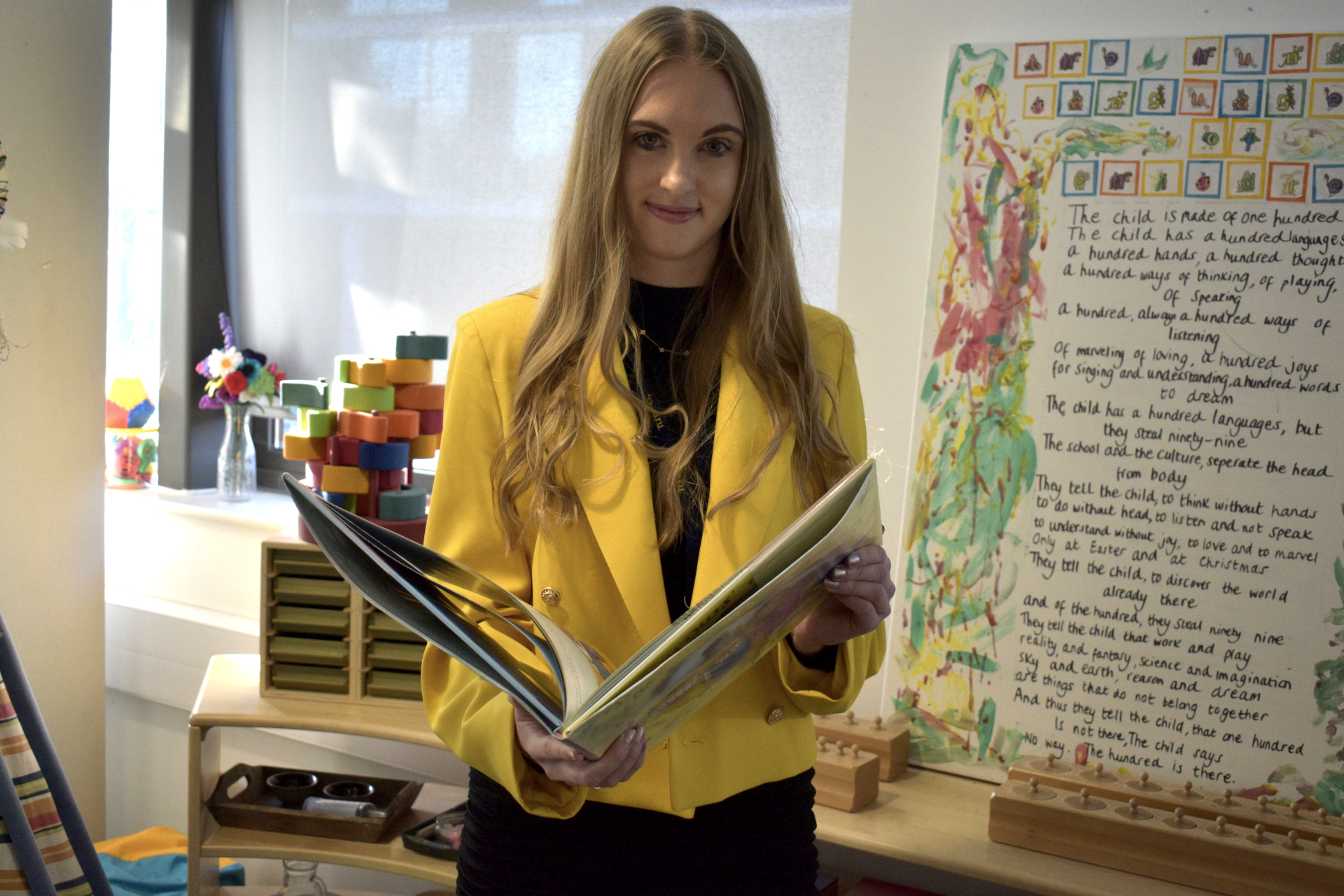
Mitzi Harris graduated with a First from our BA (Hons) Early Childhood Studies in 2023 and has just started working as an Admissions and Conversion Co-ordinator at ARU. She is also a freelance writer and self-published children’s author.
What have you been doing since you graduated from ARU?
After finishing my course in May 2023 I worked for the whole summer at ARU as a Graduate Research Assistant for the School of Education. I worked alongside my lecturers on two journal articles, and the papers are eventually going to be published. One has already been presented at the European Childhood Education Research Association in Lisbon, so that was quite a big achievement.
I've also been working as an outreach intern for ARU. The internship was called ‘Reach for the Stars’, with the Schools and Colleges Engagement Team, and I actually presented my evaluation to the Deputy Vice Chancellor of Education, where I shared the positive influence university visits have on KS2 pupils. The internship was about trying to make education more accessible for younger students and inviting them onto our campus, which was really fun.
I'm also a self-published children's author. I published my debut book back in August 2021 during my studies at ARU, and I've been getting back to writing my manuscripts over the summer. I’m currently developing a new modern fairy-tale idea. My debut book Cicerella is a modern fairy-tale version of Cinderella, and I've also been editing the sequel to that.
I work freelance for Early Years Educator magazine as a web journalist too, where I publish the monthly content onto the website. The role has definitely helped me broaden my professional development and knowledge of early years, and I've had my articles featured in the magazine. Continuing to work in this role is improving my knowledge of education and the holistic improvements we can make.
I started a new full-time role at Anglia Ruskin in October 2023, working as an Admissions and Conversion Co-ordinator, which involves communicating with a wider audience. I have just finished my student journey at ARU, so I hope I can provide prospective students with fresh, insightful information to come and study with us.
What college did you go to before ARU?
Prior to ARU, I studied at Sacred Heart of Mary Girls Sixth Form, where I completed BTEC Health and Social Care along with A-level Psychology and A-Level Film Studies. Due to Covid-19 I couldn't sit my final A-level exams, so I was awarded my mock grades. I found exams challenging, but always put in a lot of effort to achieve what I set out to do, which my grades demonstrated. I really do think that effort comes a long way and I put a lot of work into my GCSE exams too. My favourite subjects were English and Child Development - achieving an A* in Child Development is definitely up there with my biggest achievements. That's when I became interested in learning how children develop and the interventions needed at a younger age, which is why I went on to study Early Childhood at university.
I recently returned to my schools after publishing my book, to speak about the process of publishing, how I got into writing and my transition from school to university.
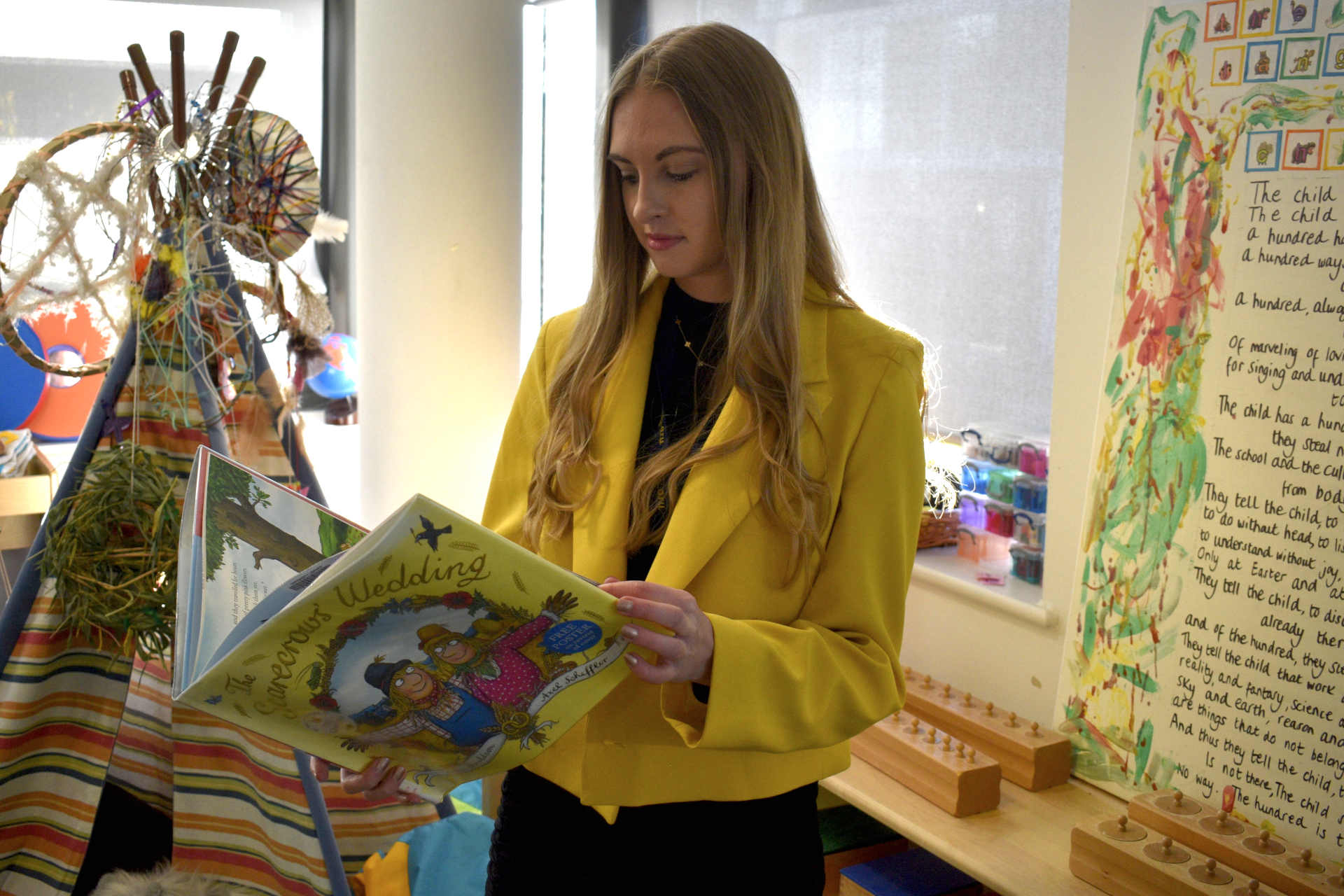
Did you always know that you would go to university and if not, what changed your mind?
I thought from the age of about five or six I wanted to become a primary school teacher, and I knew that to become one you had to attend university. I always looked up to my mum, who is a primary school teacher, and I knew that she'd gone to university.
However, I began to realise there were other careers out there for me that involved making a difference to young lives and, although I was interested in working with children, I was more focused on learning about how they developed rather than learning the methods of teaching and curriculum subjects. So that's why I chose to study early childhood, due to the content of the degree, opportunities and various careers.
Is there any one thing that inspired you to do what you do now?
My childhood definitely inspired me. I'd always play schools with my toys and create lesson plans, so I knew that's what I wanted to do in real life. I think it was my mum, seeing her and what she did. When she came home and was writing reports for children, she'd give me the spare templates and I'd write reports for my fictitious pupils. I used to be the teacher and my brother used to be the teaching assistant.
I've always enjoyed making content as well. I'd make lesson Powerpoints and registers. I used to make storybooks as well, and the games that I played in my childhood now form my manuscript ideas. My debut book features my childhood toy characters Cecilia and Pamela, who were my dolls as a child, and I made their story up when I was six or seven. Then I came to write it in lockdown a few years ago.
My dissertation was about a topic personal to my childhood, as I investigated how children develop their early literacy skills through play. This involved researching how the multi-modal aspects of having that chance to play can develop into opportunities in later life, such as becoming an author. If I didn’t have that chance to play and explore in my early childhood, I believe I wouldn’t be where I am now.
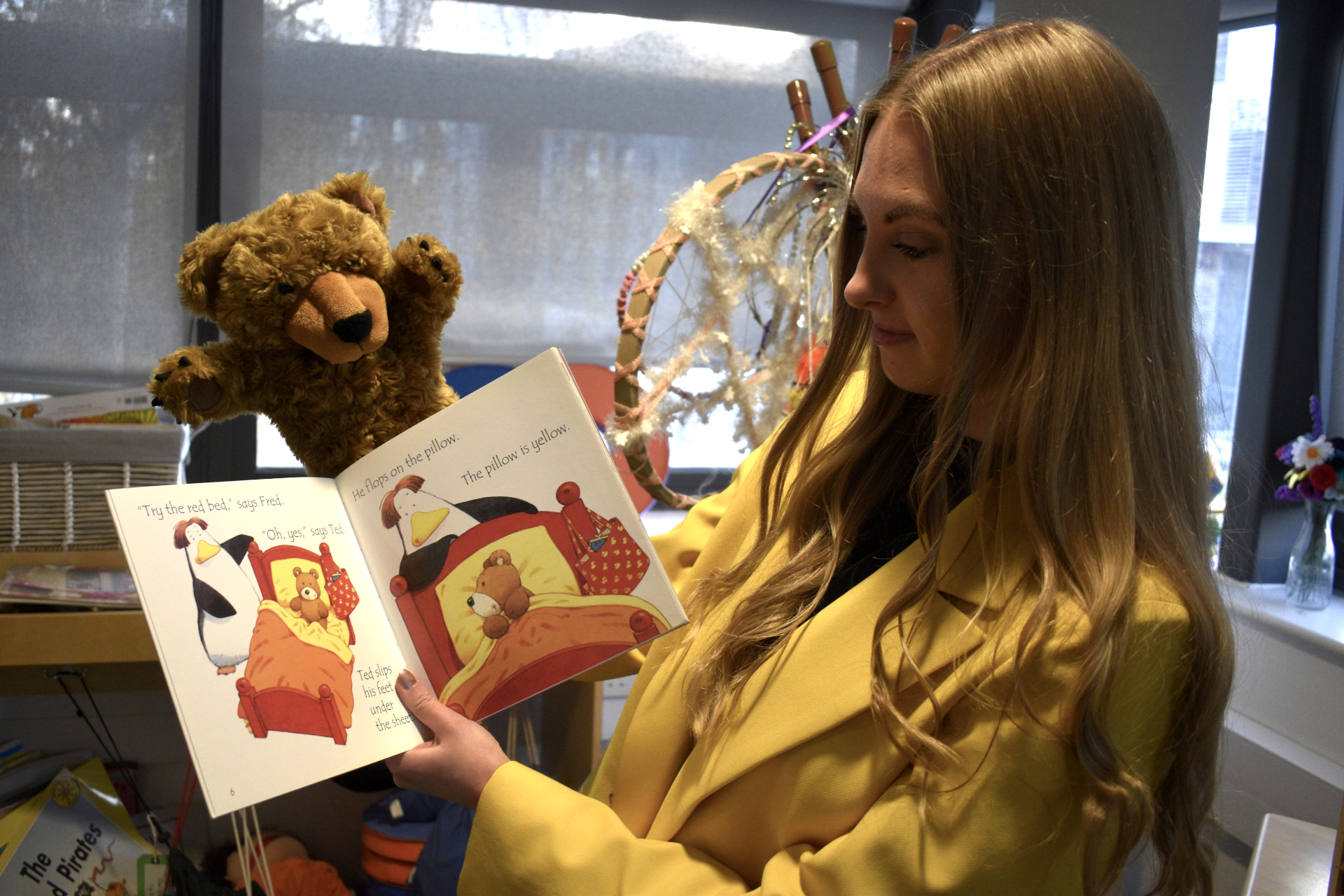
What’s the most valuable thing you took away from your education?
I'd say the most valuable thing I've taken away from education is my enhanced professional and personal development. ARU definitely helped me find my voice and gave me the confidence I needed to pursue other opportunities. Learning to write academically was something I'd never thought about. I always thought of myself as a fiction writer, but writing academically opened up so many other doors and helped me envision a future career in academia.
It wasn’t just the course content that broadened my knowledge but the staff, particularly my personal tutor Leanne Gray. I mentioned that I work at Early Years Educator magazine as a freelance web journalist – this was one of the many opportunities Leanne helped me secure. All the staff at the university have taught me different things. I’ve shadowed them at different events. I've worked with them. I look up to them and I want to be like them one day.
I've been proud to represent my course at Open Days, and also additional opportunities like starring in Anglia Ruskin’s television advert and making online content. They're all valuable things that I take away, and it's definitely shaped my future. I understand more about ARU, their strategies and HE branding. Being a writer, that's really important - captivating different audiences and working with different stakeholders. I'm looking forward to taking this into my new role where I'll be representing ARU again.
Which aspects of the course most helped your career development, and why?
Writing assignments about various relevant topics, about children's rights and how policies should be reformed, has made me think how I can use my voice to make a difference. I liked how all the assignments were different as well, so I could be making presentations, a gigantic colourful poster or a written report.
My favourite assignment was very unusual: an interdisciplinary perspective of childhood. I stepped into the mind of a foundling child from the Victorian times and wrote a small memoir about her experience. I enjoyed doing that because it brought together my love for writing fiction and children’s rights.
Also, my course allowed me to complete the Early Childhood Graduate Competencies, a professional qualification recognised in the early years workforce. This required me to undertake a placement at my local primary school as a classroom assistant, which was really valuable because it gave me an insight into the profession and working expectations. It allowed me to put theory to practice. I worked across KS1 supporting children’s learning, advocating a love for literacy and helping them with curriculum subjects. Also getting to participate in activities like Forest School, an outdoor approach to children's learning and another way of teaching the curriculum.
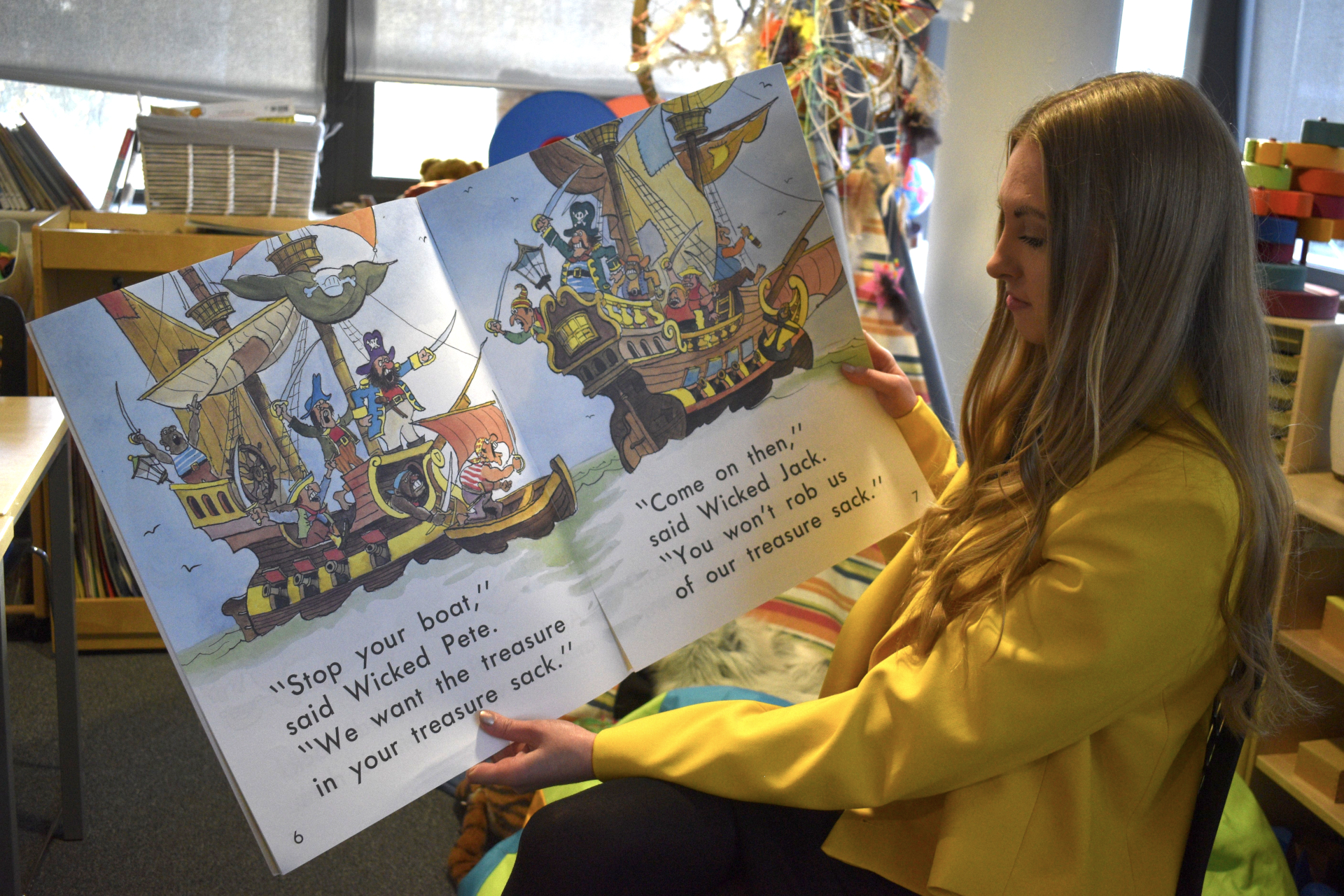
What piece of advice would you give to your younger self?
When I was at secondary school, I used to put a lot of pressure on myself to achieve certain grades and be in line with my peers. If I obtained lower grades I used to feel deflated. I found science and maths challenging and used to think “Oh, I'll never be able to go to university,” which was always something I wanted to do.
I think the problem was, I was looking too far ahead into the future. I think I was so closed off during school that I ignored my other passion. I always just fixated on becoming a teacher whereas I had a passion for writing and wanted to become an author, but I’d shut that out of my mind and thought it was an unrealistic dream.
The advice I'd like to give is the same advice I was given when I took part in ‘Get a career mentor’ at Anglia Ruskin. My mentor advised me to explore various opportunities and be open to different careers.
What was your favourite thing about studying in Chelmsford, and what did you learn about it that you didn’t know before?
The campus at Chelmsford is really welcoming and such a modern place to learn and socialise, but due to starting university in 2020 when there was COVID and lockdowns, I felt I never had the opportunity to go and fully explore it. Even approaching my second year, I still didn't know my way around the campus, what the buildings were called or anything. But when I was working as a Special Educational Needs and Disability Intern with the Schools and Colleges Team, I began researching various aspects of the campus and how I could make it more inclusive.
I actually made the campus tour guide that they give to Student Ambassadors when they take guests on the tour. I worked quite hard to make it more inclusive, and in turn, my team were awarded with the Vice Chancellor’s Outstanding Contribution Award for making education more inclusive. I think that internship was the turning point of my journey at Anglia Ruskin, because I’d never thought of myself as working corporately, I’d always envisioned myself in a classroom. But once I got involved with that project it was like the light bulb moment that I could make a difference in higher education.
What projects are you currently working on, both at work and outside it?
In a couple of weeks I’m starting my new role as an Admissions and Conversions Co-ordinator. The project focus will be to provide communicative support to our future students and after learning more about the role, I want to use my experience of making a difference to revamp the templates with students and make them more current and impactful. I want to celebrate Anglia Ruskin and entice more students to come and have the best experience, because I’ve had the best experience here.
Outside of work I'm working on my manuscripts. I hope to publish my second book very soon. I’d hoped to have done it sooner, but there's been a lot going on this year with my dissertation and different roles I've been doing at the uni. After studying Early Childhood and gaining insights about SEND, I really want to produce some material that’s highly relevant to children in society as well. I'd love to do a picture book one day.
I also remain in contact with my lecturers from ARU, Leanne and Mallika, because we hope to publish our journal article, which is a festival bridge project that I worked on in my second year as a Research Assistant. So we hope to share that with the wider education field soon.
Where now
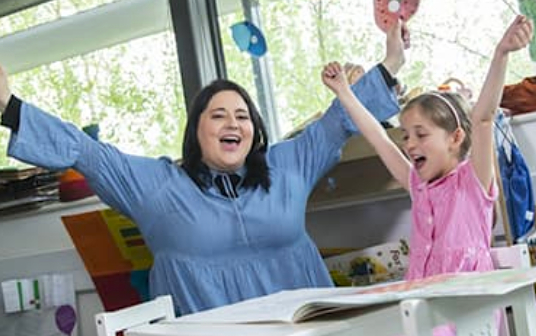
ARU website
BA (Hons) Early Childhood Studies (Graduate Practitioner)
Keen to shape young children’s futures? Our Early Childhood Studies degree course in Chelmsford has a placement throughout to allow you to meet the Early Childhood Graduate Competencies.
Find out more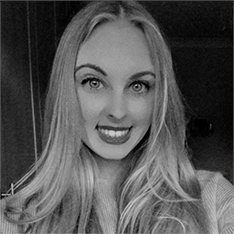
ARU website
Mitzi's blogs
Discover more about Mitzi's experiences on the course, including her book recommendations, field trips and internships.
Read Mitzi's blogs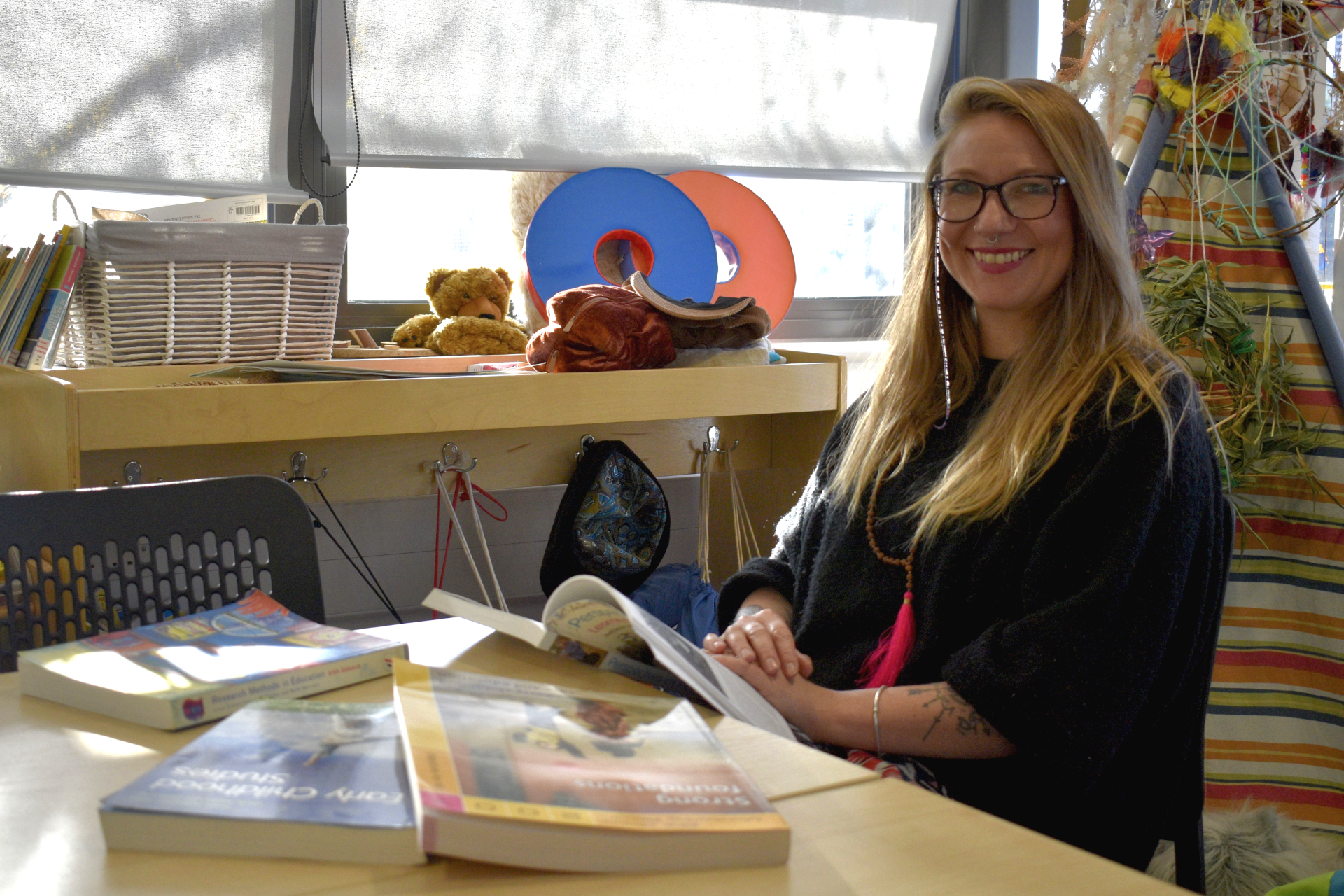
Our people
Kate Larsson
Kate Larsson graduated from our BA Montessori Early Childhood Studies in 2023 as a mature student, and has since been requested to facilitate a workshop at the Montessori Europe Congress in Gdansk as well as recently taking on a new role as the Manager of a thriving Montessori Nursery & Pre-school in Cambridgeshire.
Meet Kate